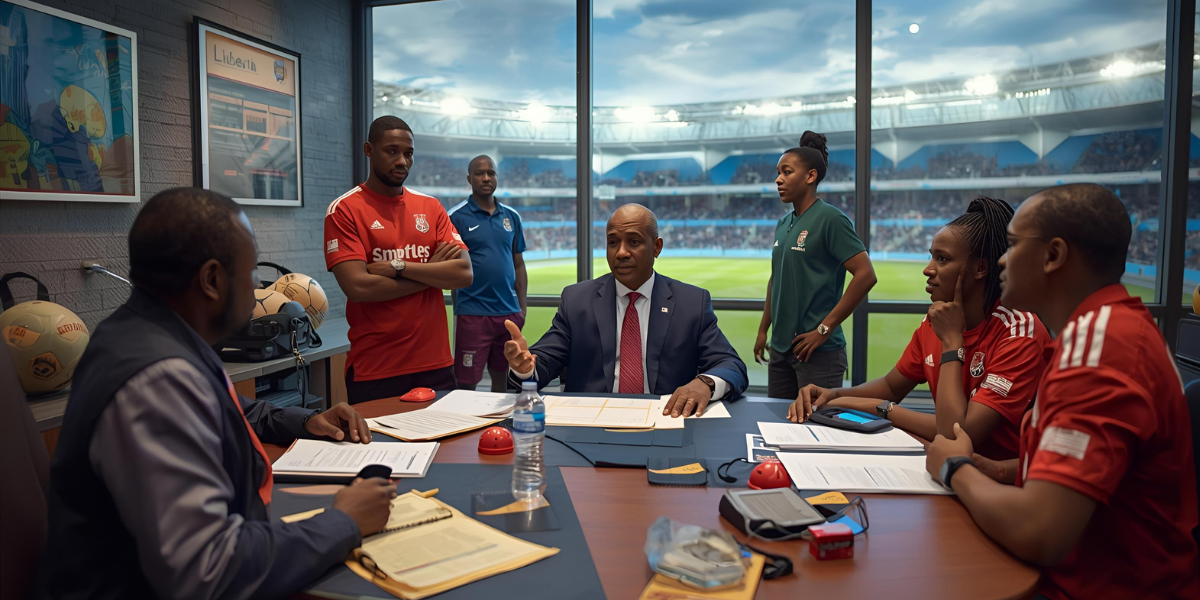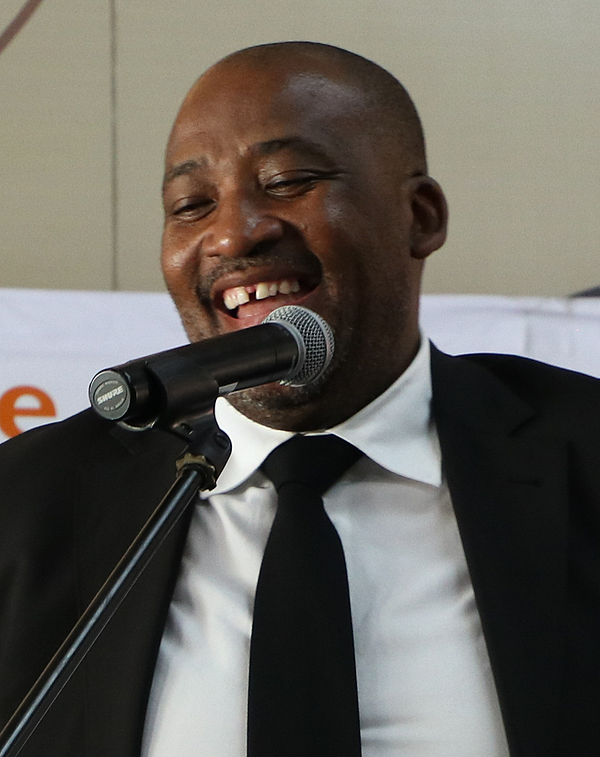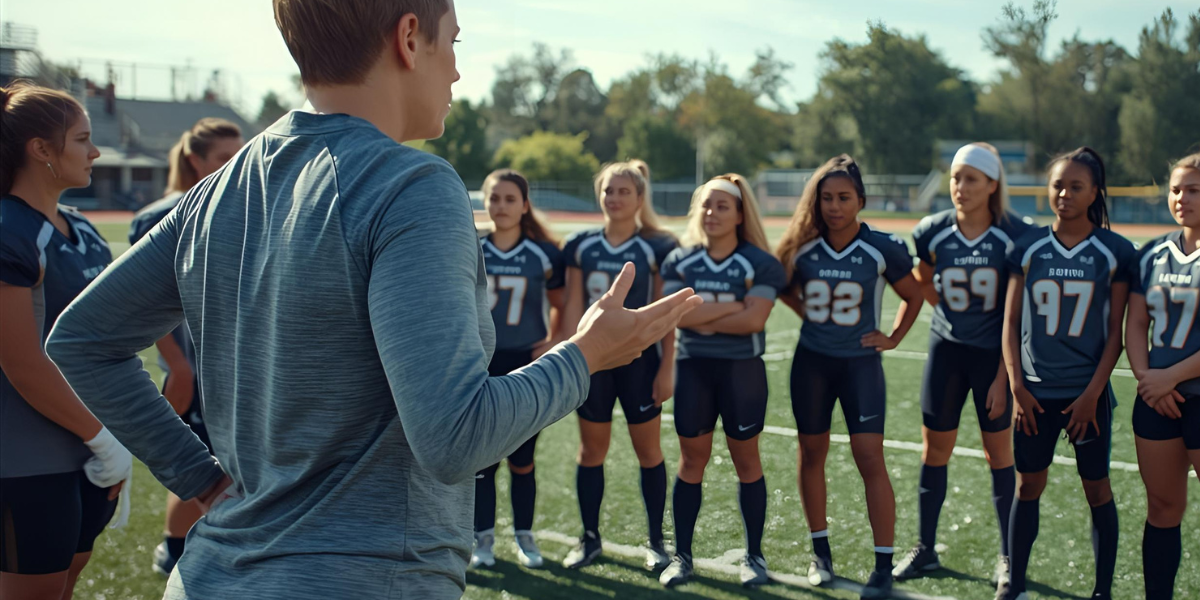Liberia Sports: Essential Lessons from Failed Sports Foundation
The recent admission by Liberia Sports Minister regarding the failure to establish a national sports foundation has sparked discussions on accountability and governance in the sports sector. This situation highlights critical lessons for managing sports initiatives effectively and the importance of strategic planning and resource allocation.
1. Liberia Sports: Transparency in Leadership
The minister’s acknowledgment of the setback demonstrates a commitment to transparency. Openly addressing failures not only builds public trust but also creates opportunities for constructive feedback. Transparency in leadership is essential for strengthening confidence in governmental and sports institutions.
2. Liberia Sports: Importance of Financial Planning
One of the primary reasons cited for the failure was insufficient financial management. Proper budgeting, allocation of funds, and securing long-term financial support are critical for launching and sustaining national sports programs. Without a robust financial plan, even the most ambitious initiatives risk falling short.
3. Administrative Challenges
Administrative inefficiencies, including delays in decision-making and lack of coordination, played a significant role in the project’s shortcomings. Strengthening administrative structures and implementing clear protocols can help prevent similar failures in the future.
4. Stakeholder Engagement
Engaging all relevant stakeholders is crucial for the success of sports initiatives. The failure to establish the sports foundation highlighted the need for better collaboration between government agencies, athletes, local communities, and private sector partners. Inclusive decision-making ensures that initiatives are aligned with the needs of the broader population.
5. Setting Realistic Goals
Ambitious projects require clear, achievable goals. The failure to establish Liberia’s sports foundation highlights the risks of setting overly optimistic expectations without proper planning. Unrealistic timelines and unattainable objectives often lead to frustration, resource wastage, and eventual project setbacks. By defining concrete and attainable goals, sports initiatives can maintain momentum and demonstrate measurable progress.
Setting realistic milestones allows program managers to track performance effectively. Regular monitoring and evaluation provide opportunities to identify challenges early, make adjustments, and celebrate small successes along the way. This structured approach ensures that projects remain focused, manageable, and aligned with available resources, reducing the likelihood of failure.
Realistic goal-setting also improves stakeholder confidence. Athletes, community members, government agencies, and private partners are more likely to remain engaged when they see progress that aligns with promises and expectations. Clear goals facilitate transparency, accountability, and constructive feedback, which are essential for building trust and sustaining long-term initiatives.
Moreover, realistic planning encourages innovation within practical boundaries. Teams can experiment with new methods or pilot programs without jeopardizing the overall objectives. By combining ambition with feasibility, sports projects can grow steadily, achieve tangible results, and establish a solid foundation for future expansion.
6. Leveraging International Support
International partnerships and support from global sports organizations can provide critical resources and expertise. Collaborating with trusted external entities can help fill gaps in funding, technical knowledge, and training programs. Learn more about international sports collaboration
7. Building Capacity in Local Sports
Developing the skills of local coaches, administrators, and athletes is fundamental for sustainable sports growth. Capacity-building programs ensure that initiatives continue effectively, even when leadership changes. Training and mentoring programs create a strong foundation for future sports development.
8. Youth Involvement and Talent Development
Engaging young people in sports programs is essential for nurturing talent and promoting long-term participation. Youth initiatives provide training, mentorship, and opportunities for competition, helping to identify and develop future sports leaders. Learn more about youth sports programs
9. Monitoring and Evaluation
Regular monitoring and evaluation of sports projects are necessary to track progress and identify areas for improvement. Implementing transparent reporting mechanisms allows stakeholders to assess the impact of initiatives and make data-driven decisions for future projects.
10. Learning from Failures
Failure, when approached constructively, offers valuable lessons. Liberia’s experience with the unsuccessful sports foundation underscores the importance of planning, collaboration, and adaptability. By analyzing shortcomings and integrating lessons learned, future projects can achieve greater success and avoid repeating past mistakes.
Conclusion
Liberia Sports provides a case study on the challenges and opportunities in managing national sports initiatives. Transparency, financial planning, stakeholder engagement, and youth development are key lessons that can guide future projects. By applying these insights, Liberia can build a stronger, more effective sports infrastructure for generations to come.




